Flex 365
Flexible polyurethane foam for the assembly of wooden, PVC or aluminium window frames and shutters, up to -10 °C.
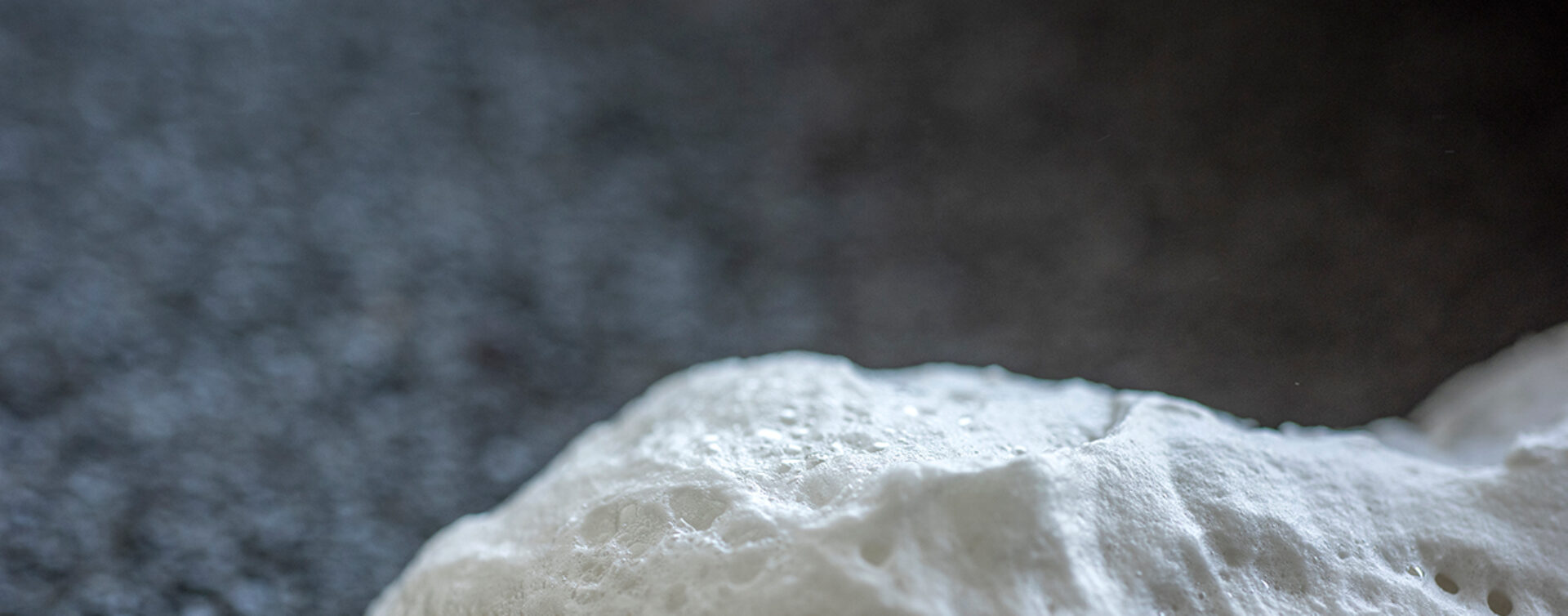
Flexible polyurethane foam for the assembly of wooden, PVC or aluminium window frames and shutters, up to -10 °C.
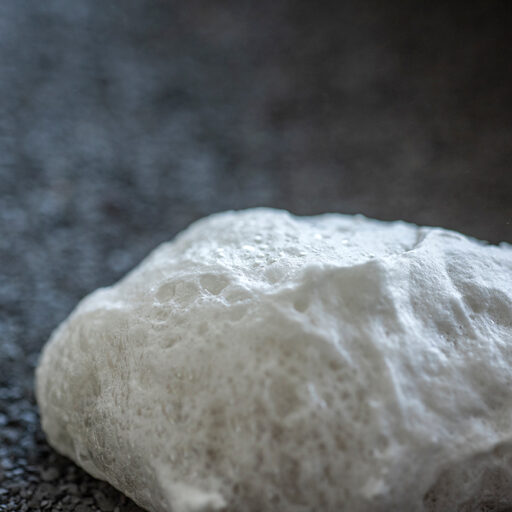
Application areas
Discover more
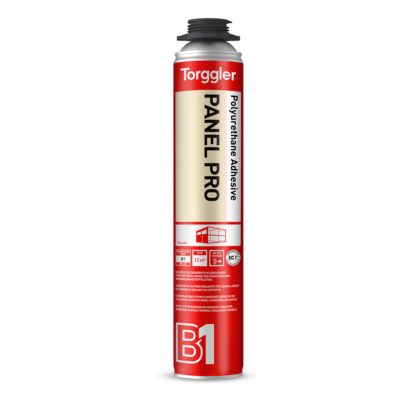
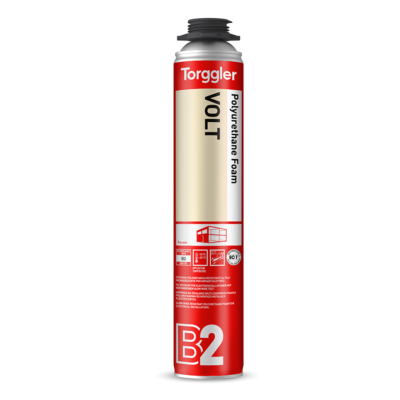
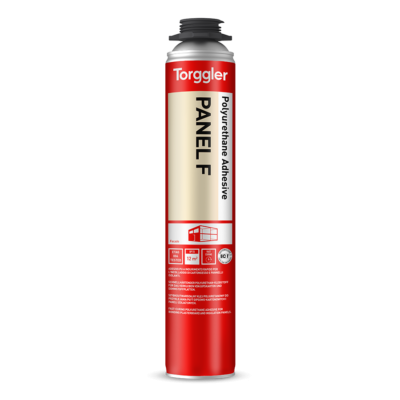
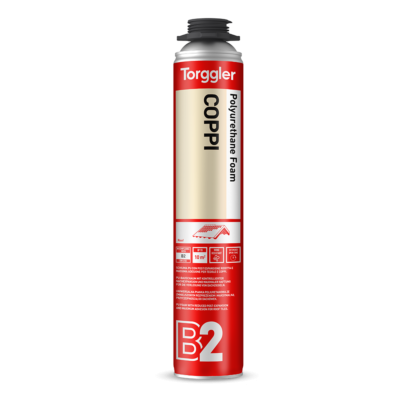
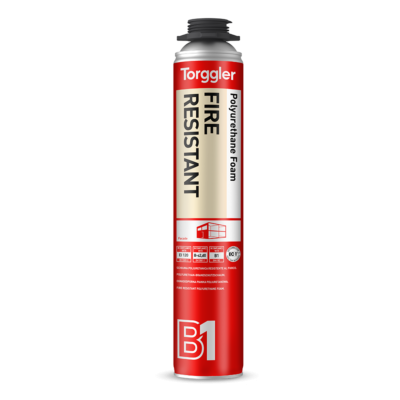
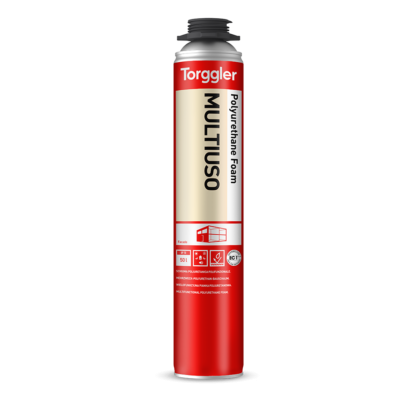
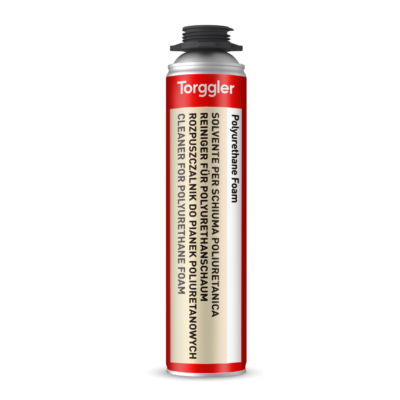
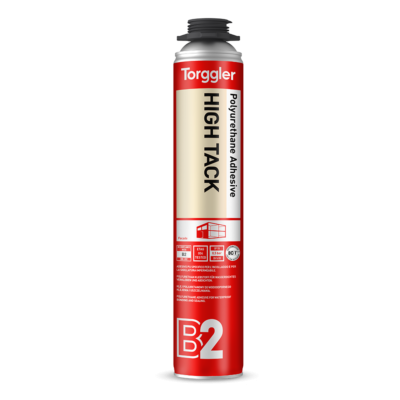
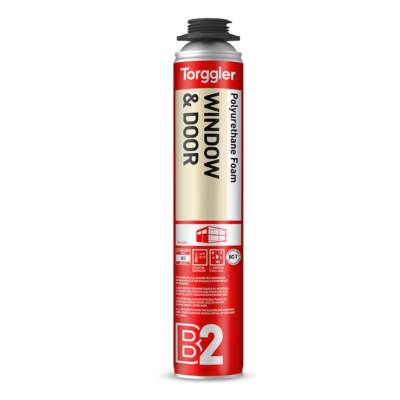
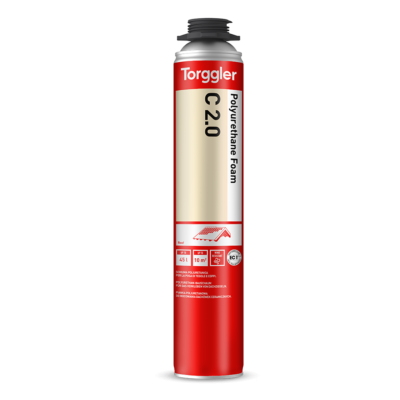
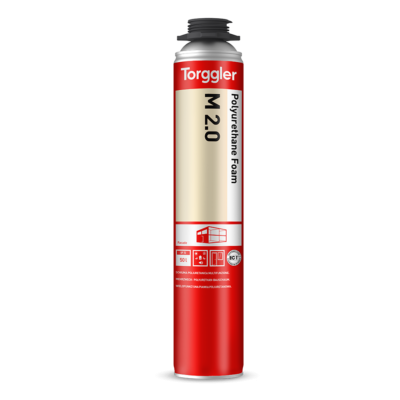
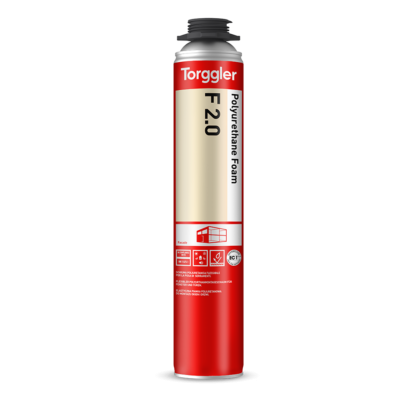
Flex 365 is a flexible, single-component, all-season polyurethane foam, suitable for the installation of wooden, PVC or aluminium frames and shutters. Thanks to its permanent elasticity and compressibility, it absorbs vibrations and small movements of the structure, compensates for the thermal expansion of the substrates, prevents heat loss and water infiltration and provides thermal and acoustic insulation at primary and secondary joints of windows and doors. The use of a special mixture of propellants allows it to be used at ambient temperatures as low as -10 °C. It complies with the performance characteristics identified by UNI 11673-1 “Installation of doors and windows” as regards sound insulation parameters, air permeability, vapour permeability, elongation at break, elastic recovery and volume loss. Post-expansion is practically zero. This characteristic has a twofold advantage it avoids tensile stresses that cause misalignment of the counterframes and makes it unnecessary for any second “pass” to complete the filling. Flex 365 is a viable alternative to the use of multi-purpose tapes, especially when joint insulation is combined with the need to glue the joints.
Cleaning
Uncured traces of Flex 365, e.g. on clothes, tools, frames, etc., can be cleaned with Cleaner for PU-foams. Hardened product can only be removed mechanically (scraping or grinding). Any residue in the valve can be easily removed when it has fully hardened.
Flex 365, in its original unopened packaging, is stable for at least 12 months when stored upright, in a dry place, at temperatures between +15 °C and +25 °C, protected from water, low temperatures and direct sunlight.
Substrates and articles completely saturated with water prevent the foam from adhering. The Flex 365 is a pressure vessel.
Protect from sunlight and do not expose it to temperatures above 50 °C. Do not puncture or burn, even after use. Do not spray over an open flame or on an incandescent element. Keep away from all sources of combustion. No smoking. Keep out of the reach of children. This product contains flammable components, so only use it in well-ventilated areas. There is the risk that explosive vapour/air mixtures may form, especially if more than one canister is used in the same location. Contains diphenylmethane4,4’-diisocyanate (EEC no. 615-005-00-9). Extremely flammable. Harmful by inhalation. Irritating to eyes, respiratory system and skin. In case of contact with eyes, rinse immediately with plenty of water and seek medical advice. After contact with skin, wash immediately with plenty of soap and water. Wear suitable protective clothing and gloves. In case of insufficient ventilation wear suitable respiratory equipment. In case of accident or if you feel unwell seek medical advice immediately (show the canister where possible). Please read carefully the information on the safety data sheet.
Storage away from direct sunlight and low temperatures makes the extrusion more constant and the final cell structure more homogeneous. At low temperatures, both the pressure at which fresh material escapes from the valve and the yield of hardened foam are reduced. To obtain a good yield we recommend storage at a temperature of approx. +20 °C, but never below +5 °C. At higher temperatures it may be difficult to dose the product correctly, as the increased pressure inside the can makes it less easy to control the release of material from the valve.
| Color | Code | Application | Packaging | Packaging size | Pallet | Barcode |
|---|---|---|---|---|---|---|
| White | 5561 | Gun application | can | 12x750 ml |
42 cardboards
|
| PARAMETER | VALUE |
| Storage temperature | from +5 °C to +30 °C |
| Outdoor temperature during application | from -10 °C to +35 °C |
| Operating temperature | from -40 °C to +120 °C |
| Curing time (at 23 °C and 50% r.H.) (MIT 87*) | 13 minutes |
| Shearability (20 mm diameter bead at 23 °C and 50% R.H.) (MIT R/8*) | 30 minutes |
| Density (after free expansion) (MIT 50*) | 15–17 kg/m3 |
| Density (after contrasted expansion) (MIT 50*) | 22-24 kg/m3 |
| Post-expansion % | 27 % |
| Dimensional stability (23 °C – 50% r.H.) (FEICA TM 1004:2013) | <3 % |
| Elongation at break | ≥ 40 % |
| Acoustic insulation RS,w (acc. to IFT guideline SC-01) | 63 dB |
| Air permeability | a ≤ 0,1 m3/(m*h*daPa2/3) |
| Resistance to water vapour diffusion | µd=/50 = 20 |
| Thermal conductivity λ (EN 12667) | 0,036 W/mK |
| Fire resistance (DIN 4102) | B3 |
| Emissions of volatile organic compounds (GEV Emicode) | EC1 plus |
| Water resistance | excellent |
| Resistance to detergents | excellent |
| Resistance to chemical agents | good |
| Resistance to microorganisms | excellent |
| UV resistance | poor, tends to yellow |
Yield is highly dependent on can and ambient temperatures. Free expansion yield: 35 litres.
The values indicated refer to laboratory conditions and may vary considerably depending on the actual application and environmental conditions.
Contact our team for personalized support and product guidance.